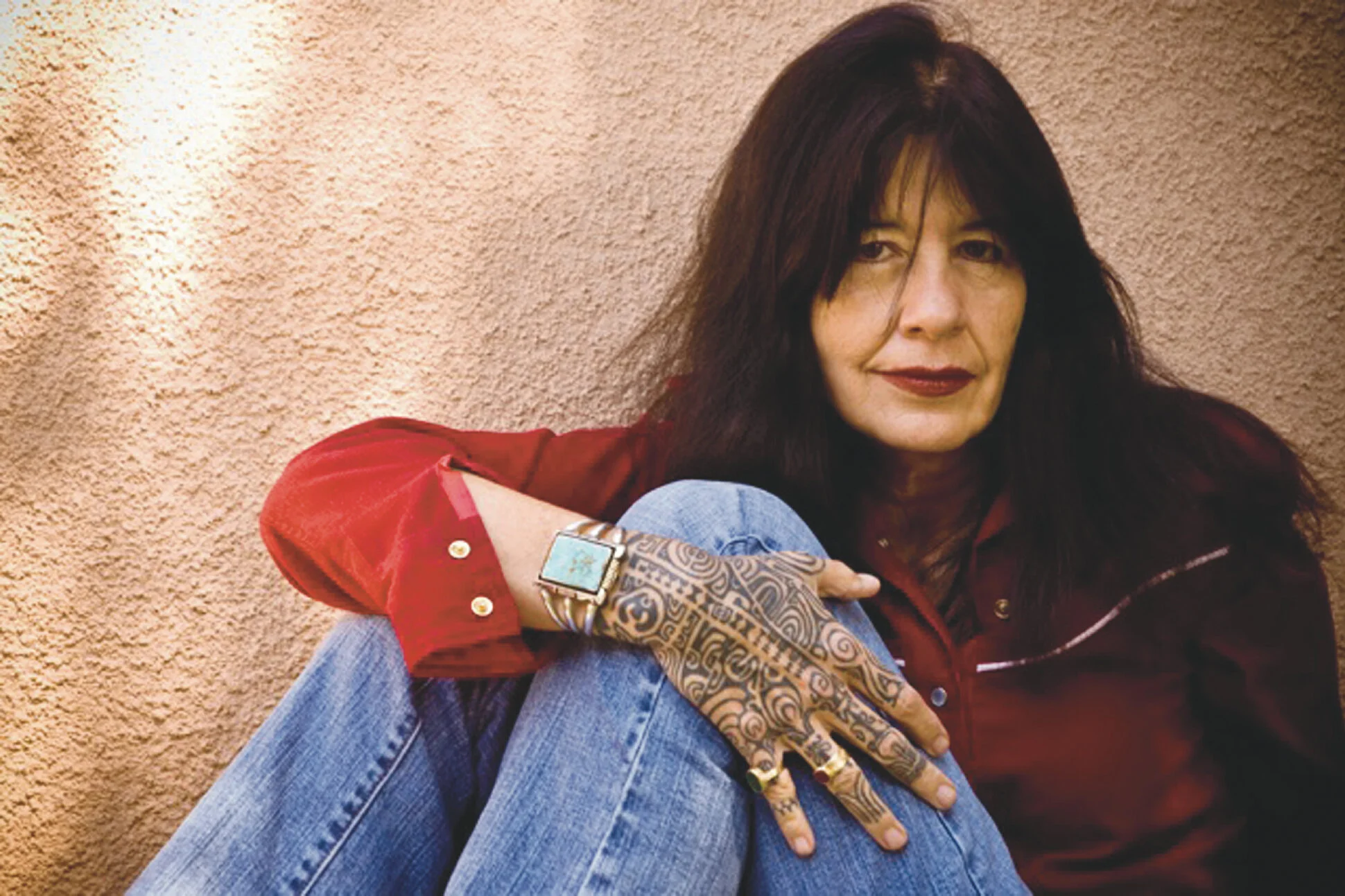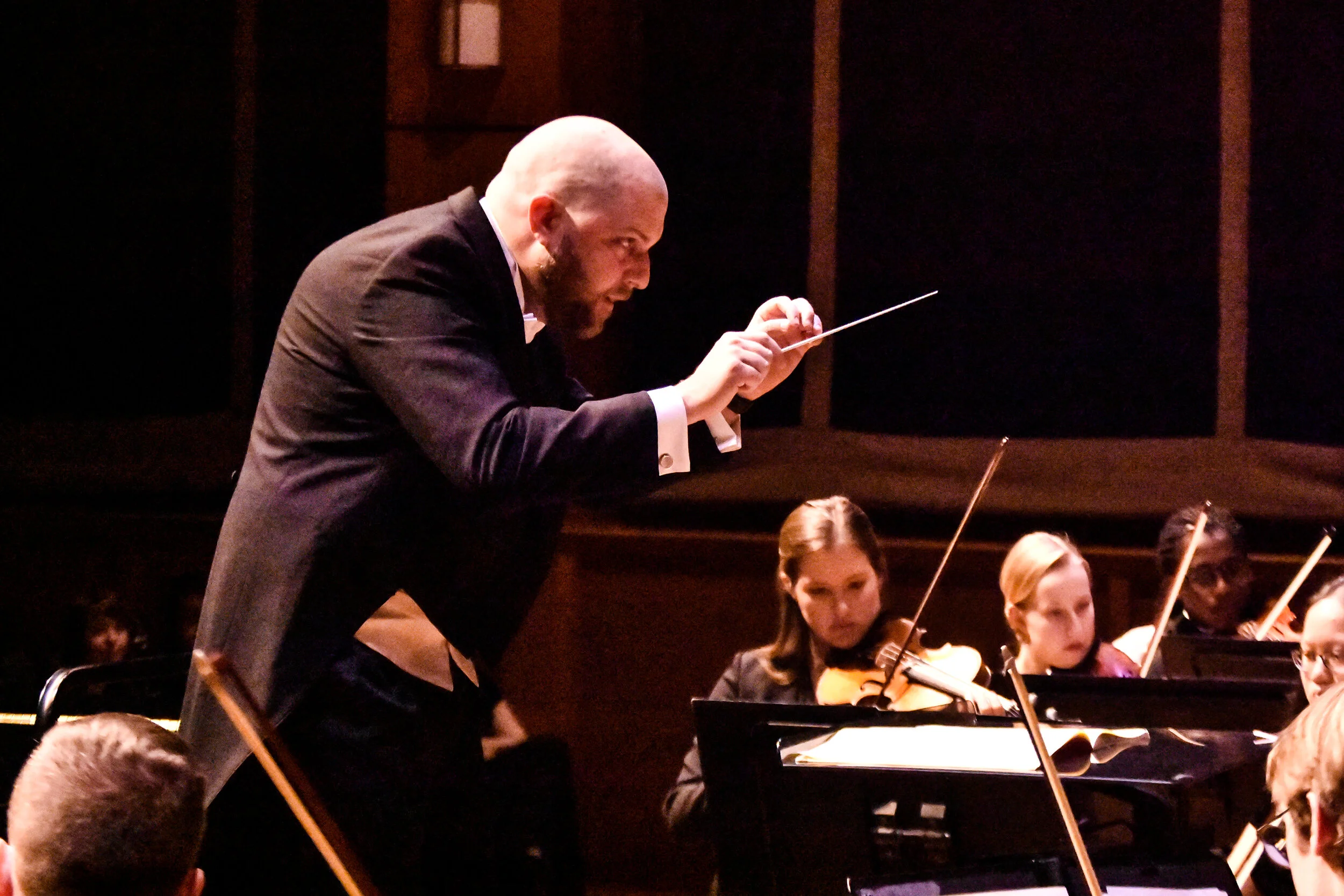Princeton musicologist Elizabeth Margulis and her colleagues convincingly provide strong and subtle evidence that the claims that music is the universal language remain, at best, significantly overstated, just as much as they were when Mehr et al published their most recent rehearsal in 2019.
I offer several routes to avoid the pitfalls of over-reliance on publishers or prior training for a fair survey of available literature by non-male and/or BIPOC composers, among others. I identify five types of “hidden literature” - or literature that many public school directors and youth orchestra conductors may not have at their fingertips:
Unpublished and/or self-published music.
Published music that is not adopted by any or almost any state music list.
…
In every bar of his astonishing music, you’ll find energy and vitality and craftsmanship and deeply enjoyable music.
…for composer Scott Joplin, who was born in 1968 in Texarkana (or maybe Marshall?), Texas, this wasn’t an intellectual debate, this was his life.
…it is time to finally and fully celebrate the vibrant history of all women and all persons of color who have been the creators and performers of some of music’s greatest riches as a regular part of the concert going experience. We must endeavor to honor Florence Price as a pioneer and secure her place in the musical canon through a rigorous exploration of her music and a zealous advocacy for her legacy.
SELINSGROVE — Susquehanna University’s Symphony Orchestra was awarded a $500 grant from Women’s Philharmonic Advocacy in recognition of its efforts to feature music composed by women.








